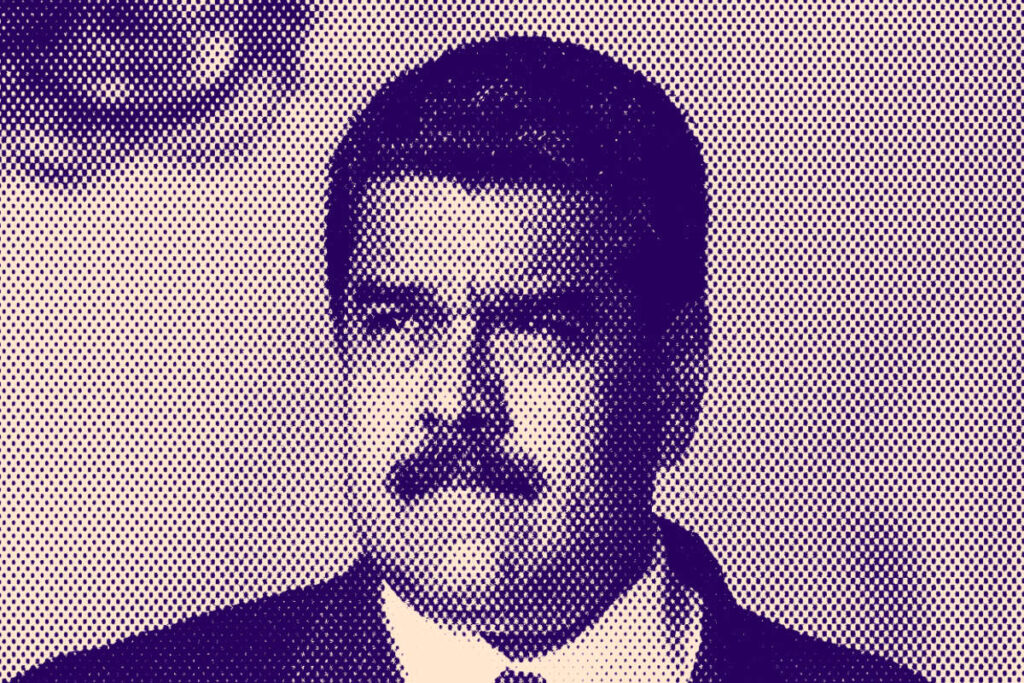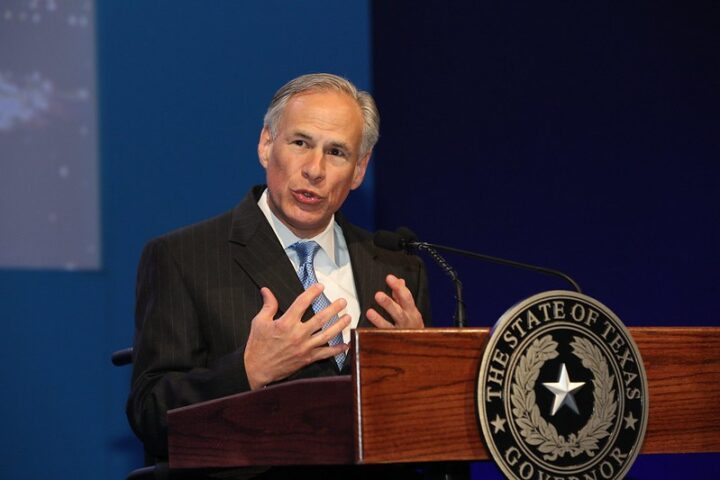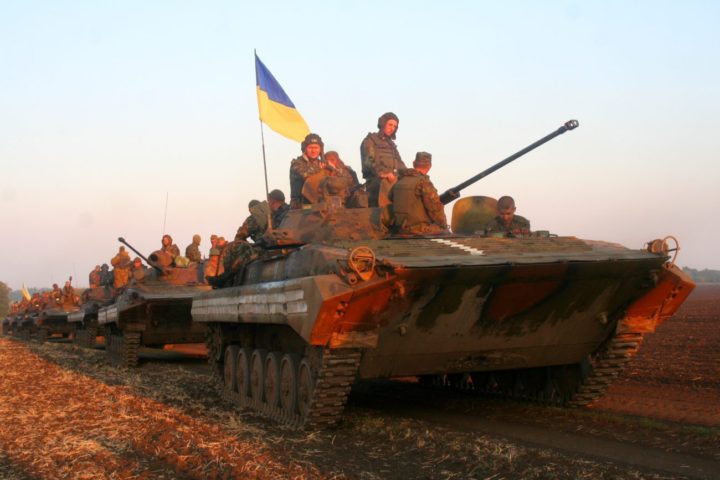In recent days, in a WhatsApp group of the Commission for the Study of Church History in Latin America (CEHILA), where I share space with other university professors from the region, a Peruvian anthropologist asked me if Maduro was leftist. The question made me stop and write this short reflection that does not pretend to give definitive answers but to contribute ideas that may complement those of other readers.
Trans-leftism is a concept I have created to define ideological positions that, dressed in traditional cultural symbols such as revolution, Christianity, Marxism, the use of an inclusive language, and a performative progressive attitude in the public space, claim the flag of the left. In reality, their identity is populist, totalitarian, authoritarian, or dictatorial.
When on September 11, 1789 a group of delegates to the National Assembly of France positioned themselves during a vote (by pure chance) to the left of the podium, they were positioning themselves against the absolute power of the king, opting for a monarchy limited by popular power. There were no organized political parties, only tendencies.
“To be left-wing is to position oneself against established powers that neglect social justice and prevent the exercise of rights for the majority deprived of them” (Hernández, 2023).
The Catholic Church uses a phrase that can help to illustrate well this ideal and it is the preferential option for the poor and those excluded from power. Liberation Theology and Philosophy of Liberation gave a methodological body to this premise in the context of Latin America.
In a recent interview, Fr. Arturo Sosa, S.J., Superior General of the Society of Jesus, pointed out an important trait that can serve to illustrate what I consider trans-leftism: populism.
He stated that “to the extent that parties or social leaders separate themselves from ordinary people … they lose perspective and the ability to strengthen democratic positions, they become populist” (Pernús, 2024). This discourse, dressed as “leftism,” turns into trans-leftism when it evidences the separation between power and the rest of the society. When this reality is palpable, as it is in Venezuela or in my country, Cuba, the force in power has no choice but to repress, dominate, and instead, replace the populist speech. When this political moment is reached, democracy becomes an impossible.
Maduro is a good example of trans-leftism and opens a much deeper debate in the region and the world about what we call the left. Those of us who have read the text The Other Face of Poverty by Fr. Jorge Cela, S.J., have learned that being indifferent to a power that subjugates citizens, discriminates, and prevents the exercise of economic, political, and social rights, violates basic constitutional precepts, is not left-wing, no matter how much its representatives claim it. It makes no difference whether they are the absolute powers of a monarch, a conservative government, a military dictatorship, or a single authoritarian party (capitalist, socialist, or communist).
In trans-leftism, various characters have proclaimed themselves followers of forms of thought linked to the left and end up stifling any hint of social justice. Therefore, it is not coherent to hold an election under the umbrella of democracy to empower the people and then repress them to save that “election.”




